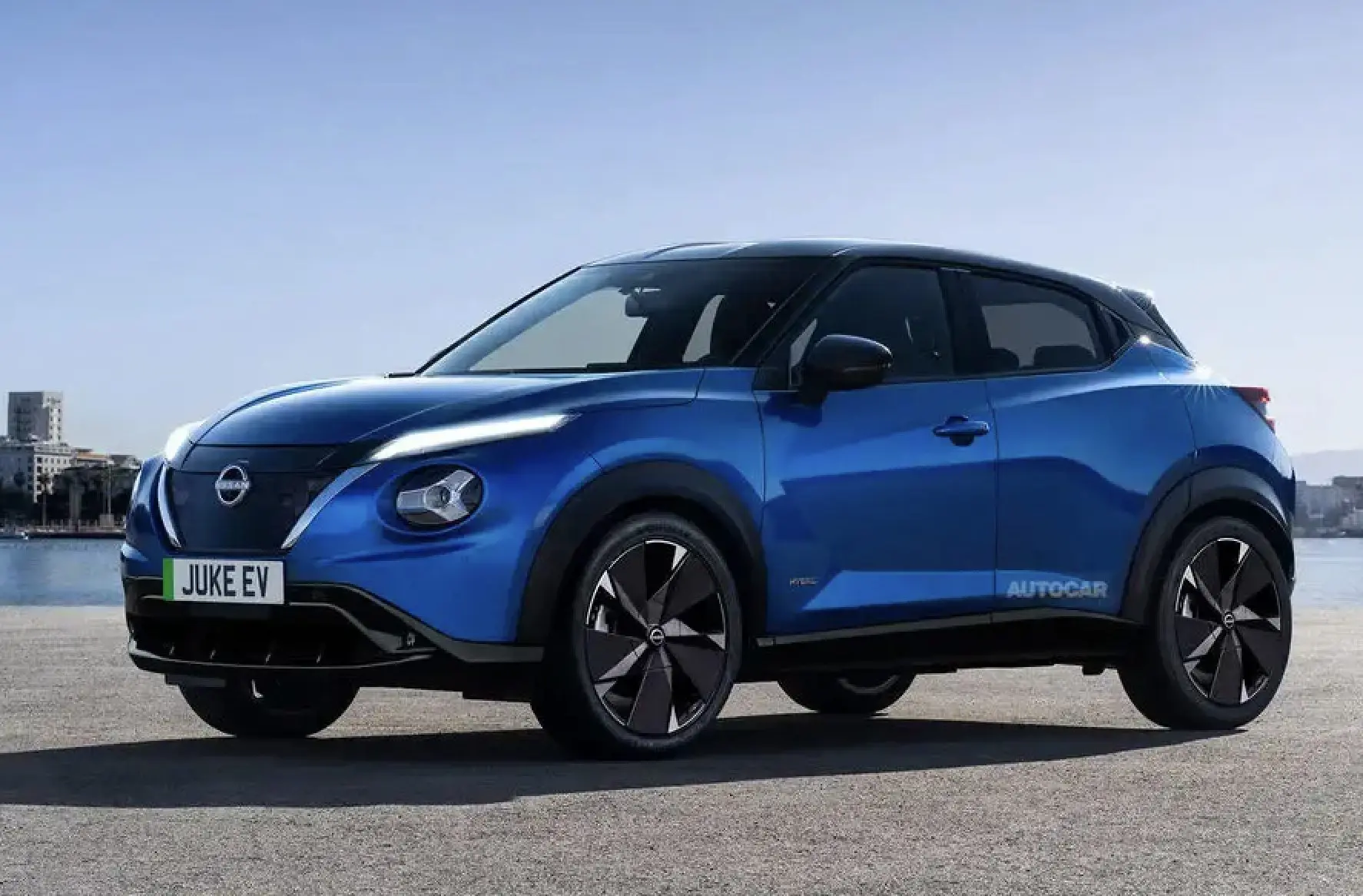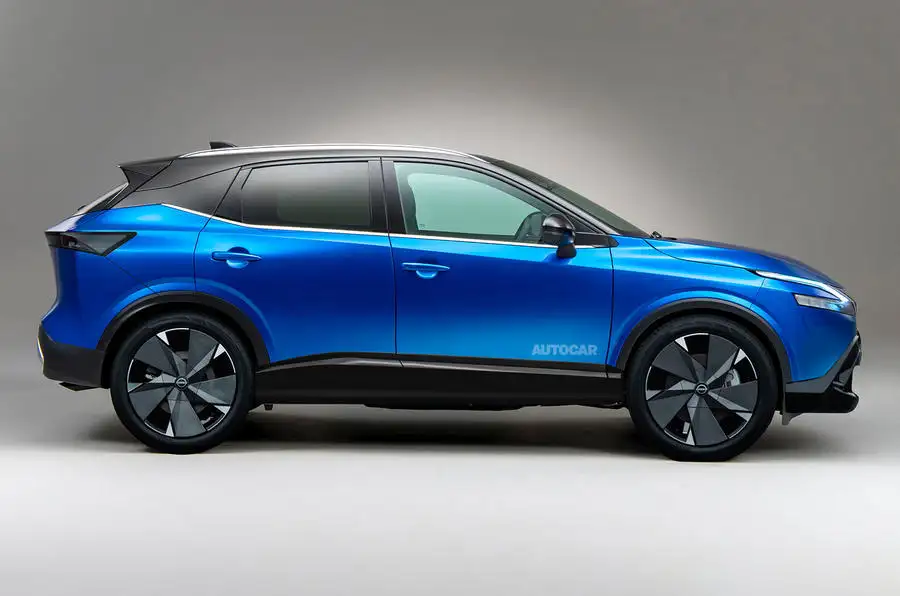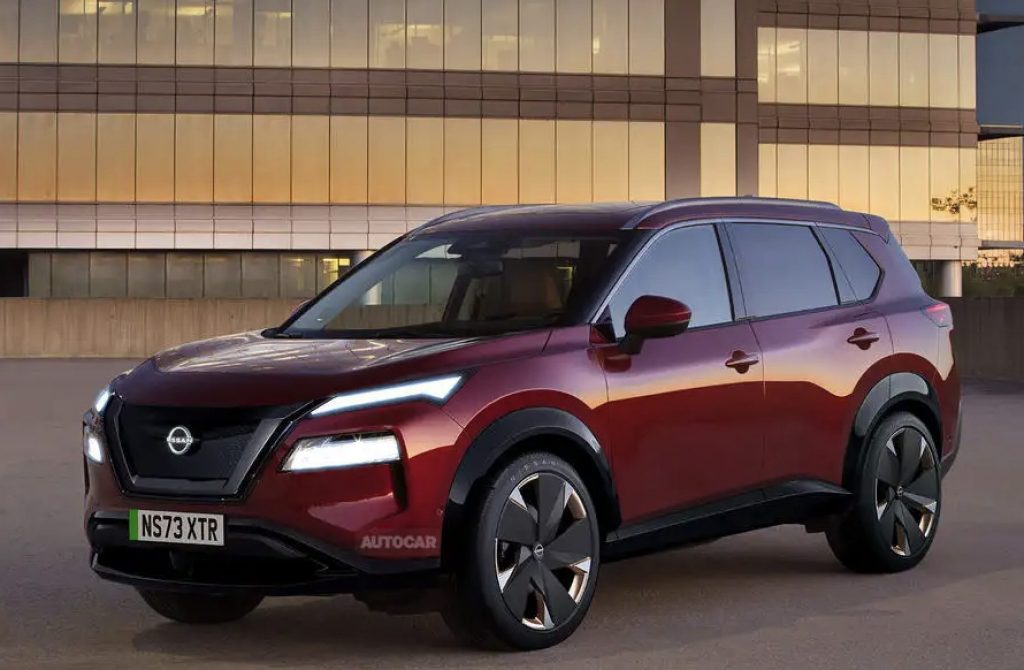The fully electric Nissan Qashqai and X-Trail will be launched in 2026 and 2027 after the electric Juke release.


Making its mark on the European market with the electric range extender Qashqai e-Power, Nissan gave the first signal for the transition to fully electric vehicles. Guillaume Cartier, Europe Manager of the Japanese automotive giant, announced that Nissan will start producing three popular SUV models electrified in the next few years.
Nissan’s best-selling models will officially get an electric version between 2025 and 2027. The company, which will first launch the electric Nissan Juke model in 2025, will use the CMF-EV platform, just like the Nissan Ariya and Renault Megane E-Tech.

Along with the all-electric Juke, the e-Power version will also be on sale. In 2030, the company predicts that completely electric vehicles will account for half of its global sales. Nissan will remove gasoline and diesel engine models from production in a few years.
After the electric Juke, the fully electric Nissan Qashqai and X-Trail will be launched in 2026 and 2027. The CEO of Nissan Europe stated that the company took the first step toward electrification with e-Power. All three SUVs would be available to consumers with electric models in a few years.
Nissan Ariya, which left the X-Trail behind in European sales last year, can offer a range of about 500 kilometers with a 90 kWh battery. It is most likely that the electric Qashqai and others would have a longer range.
Based on the timeline announced by the Nissan executive, it seems unlikely that these models will catch up with the solid-state batteries developed by the Japanese company. Nissan, which is developing its own solid electrolyte lithium-ion cells, planned to use these battery cells for the first time in 2028, which will provide much higher energy density and high-speed charging capability of 400 kW.
